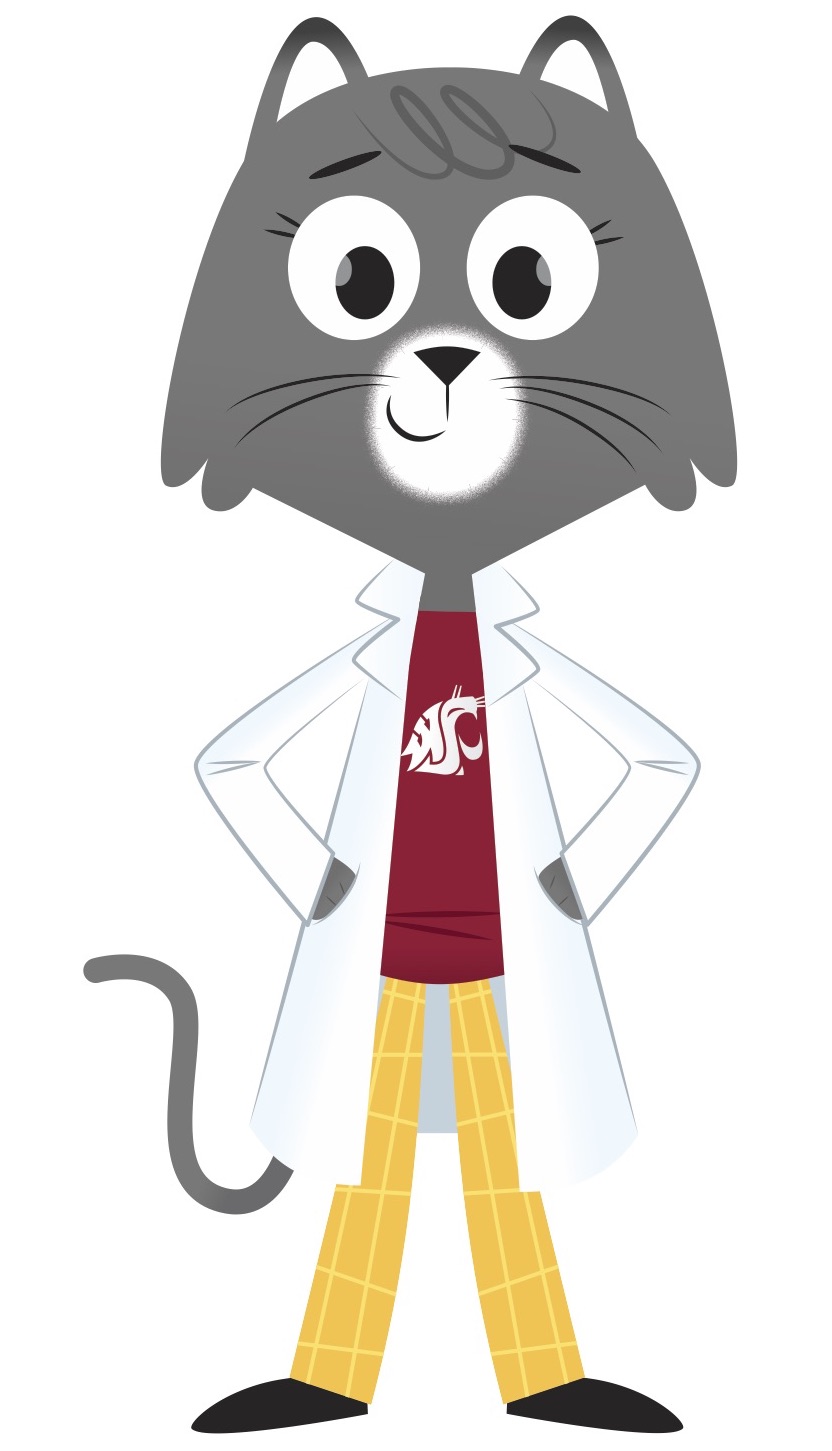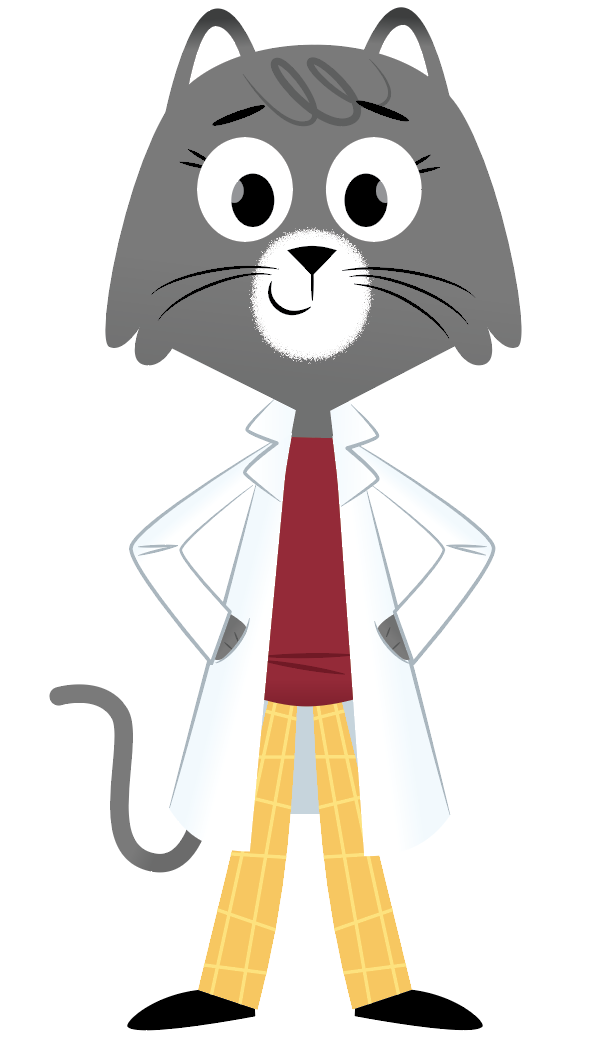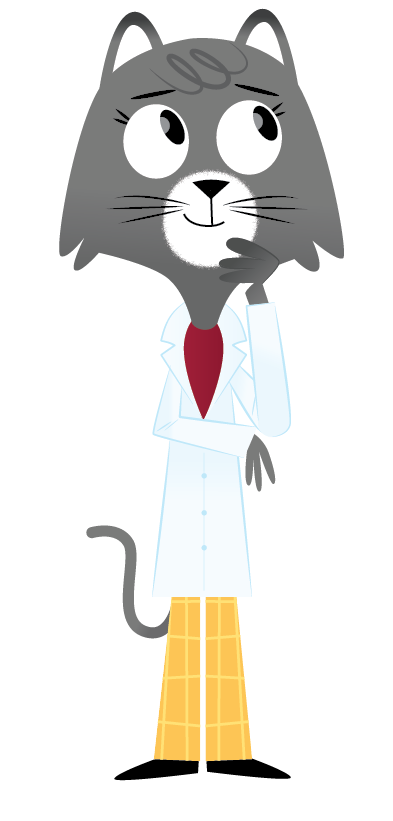Dear Dr. Universe: How do puffer fish puff up? Do they fill with water or air? Why do they get so big? Thank you. - Ben, 6, Madison, WI
rcwebberDear Ben,
You’re right, a puffer fish can get pretty big. In fact, some of them can even inflate to the size of a balloon or a beachball.
Read More ...





